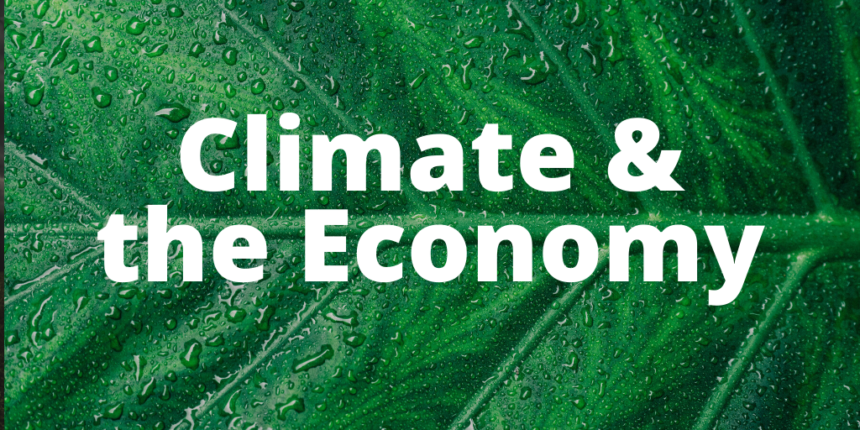
Introduction:
As the impacts of climate change become increasingly evident, the urgent need for financial support to mitigate its effects is at the forefront of global discussions. Climate finance, the money contributed by wealthier nations to aid poorer ones in reducing CO2 emissions and adapting to a changing climate, has taken center stage during recent climate talks between major economies. The question of responsibility for funding these efforts has become a contentious issue, with some calling for countries like China, Brazil, Saudi Arabia, Qatar, Singapore, and the United Arab Emirates to join the ranks of donor nations. This article explores the complexities of climate finance, the challenges of redistribution, and the emerging debate surrounding historical responsibility.
The Principle of Responsibility:
The United Nations’ climate financing arrangement is rooted in the principle of historical responsibility. Developed countries, responsible for a significant portion of CO2 emissions since the industrial revolution, are deemed to have a greater duty in combating climate change. The United States, with its historical emissions being the largest of any nation, has played a central role in this debate. However, China’s current status as the world’s largest annual CO2 emitter adds pressure for the country to contribute substantially to climate finance.
The Call for Expansion:
The European Union, the largest contributor to climate finance, has been pushing for the expansion of the donor pool to include countries like China, Saudi Arabia, Qatar, and others with high GDP per capita. The EU’s effort aims to bolster the United Nations Climate Fund and pave the way for a new, potentially more substantial target for climate finance, set to take effect after 2025. Yet, altering the official U.N. donor list requires international consensus, leading to resistance from certain countries.
Challenges and Resistance:
China and Saudi Arabia have been hesitant to modify the official definition of climate donors, fearing the implications of being grouped with wealthy nations. Despite international pressure, some argue that developing countries’ contributions should be based on their capabilities, not rigid obligations. This resistance poses significant challenges to achieving a consensus on the redistribution of climate finance.
The Path Forward:
At the upcoming COP28 conference, countries will grapple with historical responsibility and how to compensate vulnerable states for costs already incurred due to climate-fueled natural disasters. The EU’s acceptance of a new fund came with the condition that a larger group of countries would contribute. Decisions on the fund’s contributors are yet to be finalized, adding further complexity to the discussion.
Alternative Avenues for Climate Finance:
As some countries struggle to fulfill their commitments to UN climate funds, others have taken innovative approaches. For instance, South Korea and Qatar, not mandated to contribute, have made voluntary payments. China, through its South-South Climate Cooperation fund, has been providing support to least developed countries. While these arrangements allow for non-obligatory contributions, concerns arise about transparency and tracking of funds.
Emerging Solutions:
In light of the slow progress in climate finance, vulnerable nations are exploring alternative sources of funding. The Bridgetown Initiative, led by Barbados, advocates for enhancing multilateral development banks’ capabilities to support climate projects. Additionally, a global CO2 levy on shipping has garnered support as a means to raise funds for climate-related initiatives.
Conclusion:
The question of who will bear the financial burden of climate change continues to dominate international climate talks. With the recognition of historical responsibility, the pressure on wealthier nations to provide climate finance is increasing. However, resistance from countries like China and Saudi Arabia highlights the complexities of achieving international consensus on this issue. While emerging solutions offer some hope, a collective commitment from all countries remains essential to address the pressing challenges of climate change and its far-reaching impacts on the global community.






